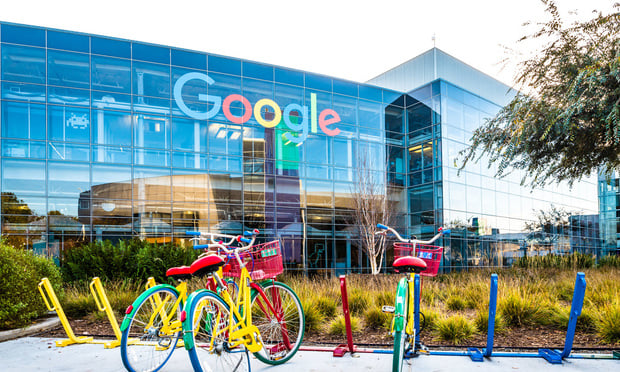 Google's offices in Mountain View, California. Credit: Uladzik Kryhin/Shutterstock
Google's offices in Mountain View, California. Credit: Uladzik Kryhin/Shutterstock
Google is helping workers with their health care needs partly because the people who use its search engine are making it a health care company, according to Dr. Karen DeSalvo, the company's chief health officer.
DeSalvo talked about the Alphabet Inc. subsidiary's role as Dr. Google Wednesday in New York, at a health care conference organized by Forbes.
Recommended For You
"I get asked sometimes, 'Why is Google interested in health?'" DeSalvo reported.
"The answer is, 'We are a life company,'" DeSalvo said. "People turn to us in those everyday moments of their life when they have a question about how to get from point A to point B. About half a billion people come to us every day to search and ask us questions about their health."
Google wants to be able to steer those users to good information about preventive health, and it wants to ease the process of helping them find health care providers, she said.
She said Google is also looking for ways to use technologies such as artificial intelligence to make a patient's journey through the health care system easier. One way would be to improve electronic health records and reduce the need for patients to tell each provider they see about their medical history.
Related: Alphabet's Verily is getting into stop-loss insurance
Another challenge is persuading users to trust Google enough to let it help them with health care issues while educating them to be conscious of what health information they are sharing and how the entities getting the information are protecting it, DeSalvo said.
Eventually, as AI systems improve, "it's going to feel easier to trust them," DeSalvo said. "But I want people to stay critical."
DeSalvo and other speakers on the same session panel also talked about fairness problems related to how much information health care technology companies can get from people in different demographic groups.
Mike Alkire, the CEO of Premier Inc., a health care product and health care services company, said creating strong data privacy and security arrangements and using those to persuade patients of all kinds to share data will be critical to keeping the health care system fair as the role of AI grows.
"There will be inequities like we've never seen in 10 years if we have large blocks of the population that are mistrustful and don't believe that data is going to be used appropriately and in support of their health care need," Alkire said.
© 2025 ALM Global, LLC, All Rights Reserved. Request academic re-use from www.copyright.com. All other uses, submit a request to [email protected]. For more information visit Asset & Logo Licensing.







